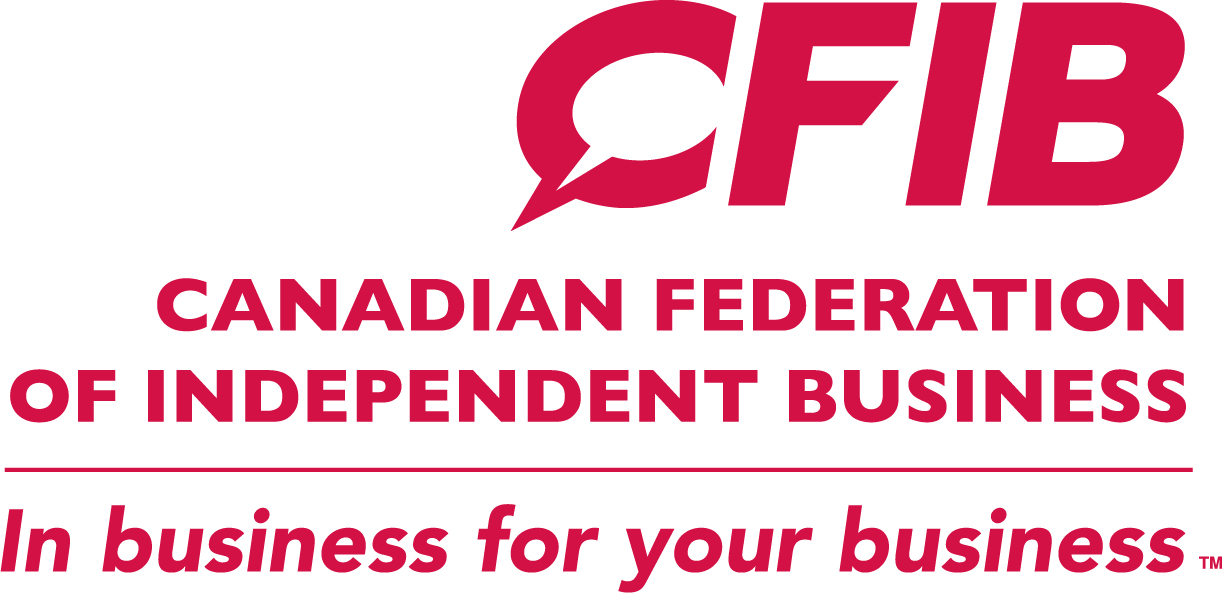Business bankruptcies are on the rise, but account for only 10% of looming business closures Français
TORONTO, Aug. 18, 2022 /CNW/ - Business insolvencies have been on an upward trend since mid-2021, according to StatsCan data, but a new report by the Canadian Federation of Independent Business (CFIB), entitled Small Business Insolvency: The Tip of the Iceberg?, finds that only 10% of business owners would file for bankruptcy if they were to permanently close down.
"Official Canadian data on small business bankruptcies doesn't account for zombie companies or businesses that would rather wind down than file for bankruptcy. Our research provides a broader perspective on business insolvencies in Canada and shows that the rising number of small business bankruptcies is just the tip of the iceberg," said Simon Gaudreault, Chief Economist and Vice-President of Research at CFIB.
CFIB's recent data shows 54% of business owners are yet to return to normal, pre-pandemic revenue levels. Nearly two out of three Canadian businesses (62%) are still carrying pandemic debt, and only 10% have been able to pay it back in full.
But it's not just the pandemic that has led to the surge in business closures and insolvencies.
Rising operating costs, coupled with a lack of demand and hikes in interest rates, are significantly affecting small businesses.
"During the pandemic, government loans and subsidies helped many small businesses to stay open, but now those programs have closed, despite the fact that a majority of businesses are still not back to their pre-pandemic sales levels," said Dan Kelly, CFIB president. "With an average debt of $158,000 per business and mounting cost pressures on virtually every line of a small business budget, it's no wonder many businesses are unable to pay off their debt and continue to struggle."
CFIB is urging the governments to help ensure the viability of small businesses and help keep their operating cost down. The recommendations include:
- Increasing the forgivable portion of the Canada Emergency Business Account (CEBA) loan to at least 50%
- Extending the repayment deadline for CEBA loans to qualify for partial loan forgiveness to December 2024
- Increasing the small business deduction to $600,000 (currently $500,000)
- Freezing planned federal tax hikes, including the 2022 increase in CPP, EI, carbon and liquor taxation, and reducing the provincial payroll tax burden
- Immediately implementing the promised reduction in credit card fees for small merchants
"Small firms are in for a rough recovery, but governments can step in and help by taking concrete measures," Kelly added. "Governments need to decide whether they will make the problem worse by raising taxes or take immediate actions to keep many businesses from disappearing for good."
Read the full research snapshot here.
The Canadian Federation of Independent Business (CFIB) is Canada's largest association of small and medium-sized businesses with 95,000 members across every industry and region. CFIB is dedicated to increasing business owners' chances of success by driving policy change at all levels of government, providing expert advice and tools, and negotiating exclusive savings. Learn more at cfib.ca.
SOURCE Canadian Federation of Independent Business

Media enquiries or interviews, please contact: Dariya Baiguzhiyeva, CFIB, 647-464-2814, [email protected]

Share this article